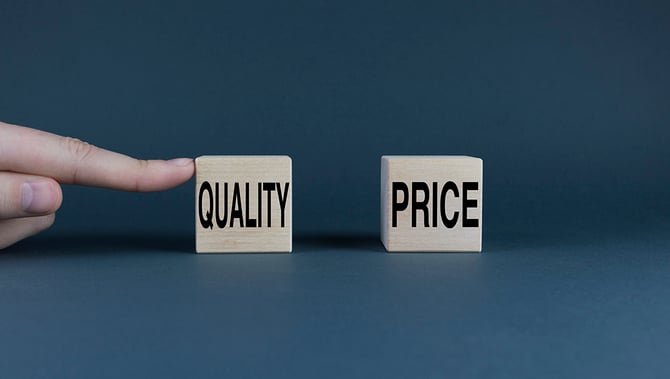
When it comes to professional valuation practice, two sets of standards often come into play: USPAP (Uniform Standards of Professional Appraisal Practice) and the NACVA (National Association of Certified Valuators and Analysts). While both aim to ensure credibility, consistency, and ethical behavior in valuation work, they are applied in slightly different contexts and with varying emphases. Understanding how they align and where they differ can help appraisers remain compliant and instill greater confidence in their work.
USPAP, established by The Appraisal Foundation, serves as the authoritative framework for appraisals across the United States. It is required by law for real property appraisers and widely adopted in equipment and business valuation contexts. USPAP emphasizes principles such as ethics, scope of work structure, reporting requirements, extraordinary assumptions, and hypothetical conditions, all topics critical to preparing and presenting an independent valuation.
The NACVA’s Professional Standards were created specifically for financial professionals conducting business valuations, litigation support, and related consulting services. NACVA standards overlap with USPAP in terms of ethics and disclosure, but also emphasize unique aspects of business valuation, such as engagement types, accepted methodologies, independence, objectivity, and work file documentation.
Where USPAP provides universal principles, NACVA offers more tailored requirements for the business valuation profession.
Key Similarities between the two include objectivity and independence, reporting transparency, limiting conditions disclosure, and professional appraiser competence.
Key Differences include a broader discipline range, with USPAP covering virtually any type of accredited valuation, while the NACVA focuses solely on financial and business appraisal. In addition, USPAP compliance is mandated in many cases by law or regulation, while NACVA compliance is required for its members.
Failing to follow USPAP can expose an appraiser to regulatory risk, while ignoring NACVA standards can jeopardize one’s credibility as a certified analyst. If you’re a business appraiser, the most reliable practice is to understand the requirements of each and ensure your reports satisfy both sets of expectations.
USPAP and NACVA standards ultimately share the same goal: to produce reliable, credible, and ethical valuations. While USPAP provides an overarching regulatory framework, NACVA adds layers of specificity tailored to business valuation professionals.



 Business owners are constantly having to review their annual expense budgets for both fixed overhead and variable costs that arise from new projects and demands that come up in any given year. It is common for decisions to be made based largely on who can deliver the lowest price, especially in a competitive market where the product or service needed can come from a multitude of vendors.
Business owners are constantly having to review their annual expense budgets for both fixed overhead and variable costs that arise from new projects and demands that come up in any given year. It is common for decisions to be made based largely on who can deliver the lowest price, especially in a competitive market where the product or service needed can come from a multitude of vendors.



